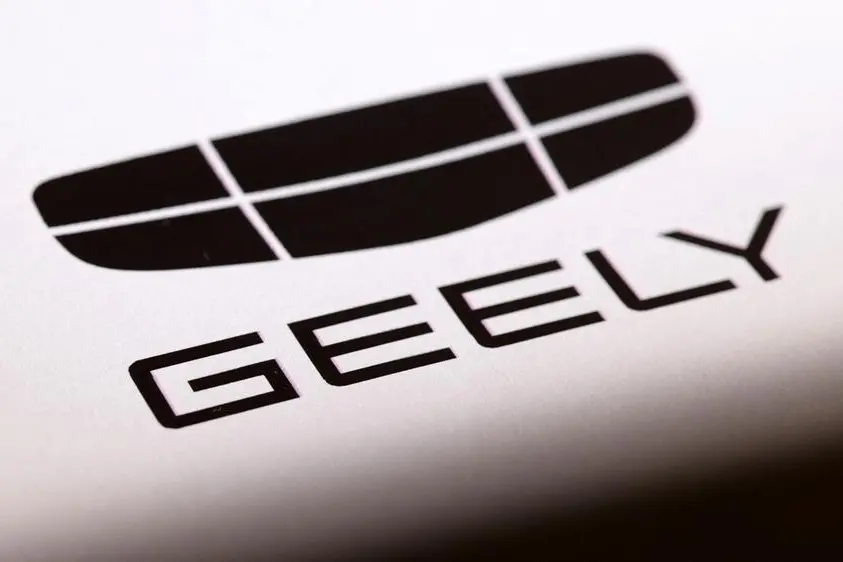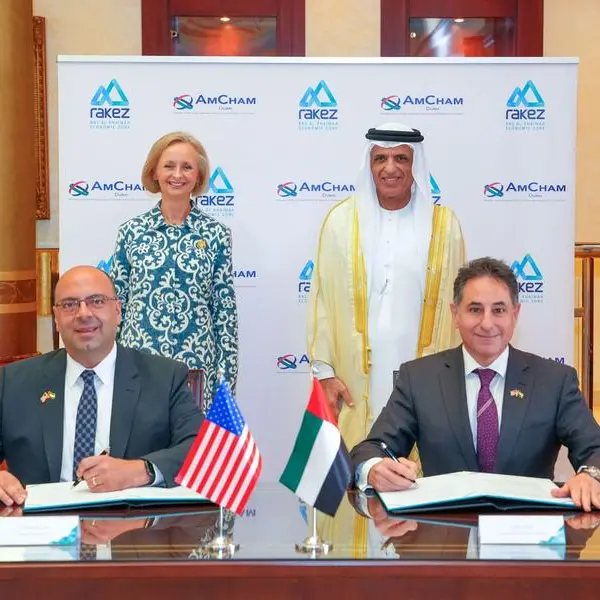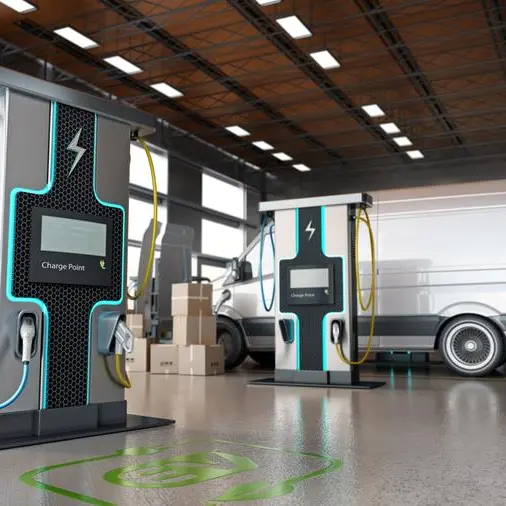PHOTO
French automaker Renault and Chinese partner Geely announced a highly anticipated joint venture on Friday that will develop combustion and hybrid engines, hoping to improve the competitiveness of their legacy auto business.
The venture is aimed at developing more efficient gasoline engines and hybrid systems, as rival automakers ramp up investment in low-emission powertrains in response to slowing electric vehicle sales.
Toyota Motor showcased on Tuesday next-generation engines that can be used in hybrids and other lower emission vehicles, and China' BYD also announced new hybrid technology with lower fuel consumption this week.
"A combination of various powertrain technologies is necessary ... to achieve a successful decarbonization in a world where more than half of vehicles produced are expected to still rely on combustion engines by 2040," Renault and Geely said in a joint statement.
The 50-50 joint venture is a core element of Renault's strategy to stay in the race against larger competitors by signing multiple partnerships to reduce costs and access new markets.
By carving out its internal combustion engine business, Renault plans to focus on EVs, part of the French firm's broad restructuring that also involves overhauling its decades-old alliance with Nissan Motor.
For Geely, the deal extends its pattern of building partnerships to expand beyond China. Geely previously announced a hybrid gasoline engine development deal with Mercedes-Benz , and holds a stake in the German automaker.
The venture, dubbed HORSE Powertrain, will be headquartered in London and will supply both the groups' brands as well as third-party manufacturers.
The business expects to reach about 15 billion euros ($16.2 billion) in annual revenue and production of about five million powertrain units a year, the automakers said.
Matias Giannini would be the venture's CEO and Geely Holding CEO Daniel Li would be chairman of the board.
Giannini was a former global sales executive for Vitesco Technologies, a powertrain business spun off from automotive supplier Continental.
The venture has been expected since the beginning of the year but regulatory approval in China was delayed at least three times, sources have told Reuters.
($1 = 0.9246 euros)
(Reporting by Jyoti Narayan in Bengaluru; Writing by Miyoung Kim; Editing by Stephen Coates)





















